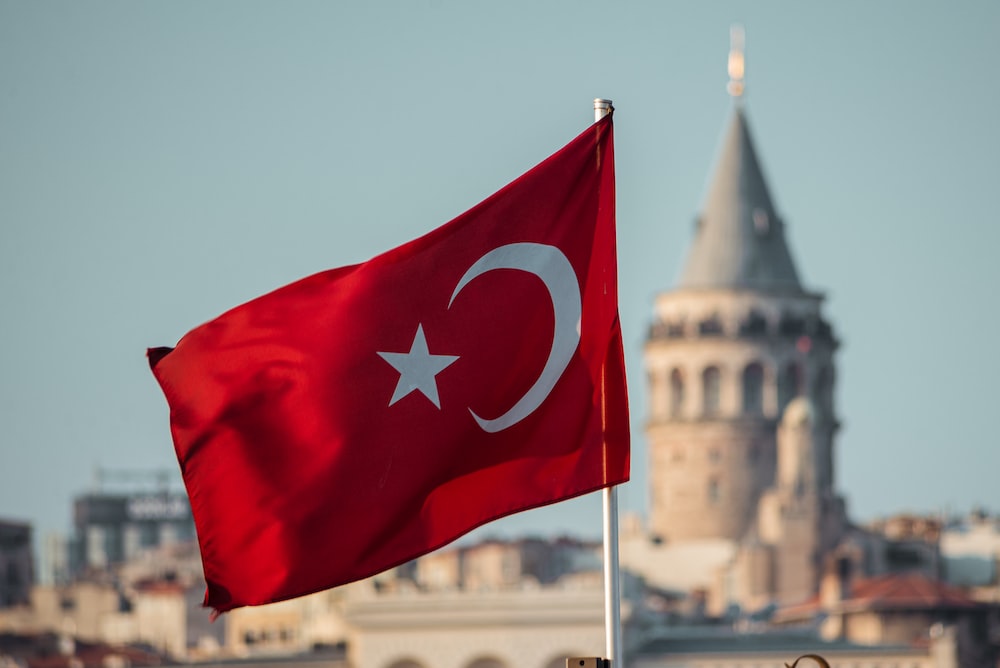Turkey is working on a revolutionary new interpretation of the Prophet Mohammed’s reputed sayings, known as the Hadith.
The project is aimed at allowing millions of Muslims to re-evaluate their religious obligations in the light of modern ways of living.
The sayings of the Hadith hold the key for Muslims worldwide to interpret the Koran. Sharia or Islamic law is also rooted in the Hadith.
Turkey, Nato’s sole Muslim member, is a crucial ally in the war against global terrorism. Critics charge that the project is part of a US inspired plan to combat radical strains of Islam.
But Mehmet Gormez, the British trained theologian who is supervising the work, refutes such charges. The exercise is “purely academic” he told the Daily Telegraph.
“Violence and women’s rights, the two themes that excite western public opinion the most, are not what’s driving this process,” he said.
Yet he acknowledged that updating and scrapping some of the texts that “present women as inferior beings,” is part of the work that is being carried out by some 80 theologians, all of them Turks.
Felix Koerner, a Jesuit cleric and an expert on Islam, who is advising the project, said that some of Mohammed’s reputed sayings, can be shown to have been fabricated centuries after the prophet’s death.
“Unfortunately, you can even justify through alleged hadiths, the Muslim – or pseudo-Muslim – practice of female genital mutilation,” he said.
Other sayings, such as those which forbid women from travelling for lengthy periods without their husbands were only set by the prophet because of security problems in his time which no longer exist.
Hidayet Sevkatli Tuksal, an Islamic theologian who wrote a book examining male chauvinist interpretations of Islam, agrees that some of the hadiths were bogus and deliberately crafted “to ensure male domination over women.”
They have been used, for example, to justify the murders of unmarried women accused of betraying their family’s honour for such demeanours as holding hands in public with a male or taking part in a radio talk show. The practice remains widespread across the Muslim world.
In Turkey, thousands of state appointed imams or Muslim clerics have been urging their congregations to shun honour killings. But there are few signs that the message is getting through; dozens of women continued to be killed every year in Turkey for crimes for crimes of “honour.”
One issue that that the new volumes does not compromise on is the need for Muslim women to cover their heads in keeping with the Koran.
The issue of the Muslim headscarf is a deeply divisive one in Turkey. Recent moves to scrap bans on veiling in universities has sparked tensions with the country’s pro-secular elite, who accuse the neo-Islamist government of seeking to steer Turkey towards religious rule.
Some even claim that it wants to revive the Caliphate, that was abolished by Ataturk, the founder of modern Turkey.
Despite the excitement the project has elicited in Western circles, some Islamic experts caution that it will have little impact, not least because the government is involved.
“There are established views on Islam and how it should be practiced that have been in place for 1400 years,” said Hashim Hashimi, an Islamic sheikh and a former MP.“And they aren’t going to change any time soon,” he added.



